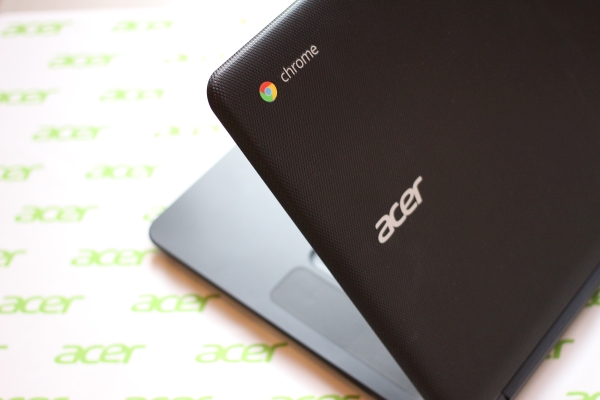Published on the 09/07/2015 | Written by Beverley Head

Gartner has forecast that there will only be 225,000 Chromebooks sold across the whole of the APAC region this year – but Fujitsu still reckons it’s a market worth a punt…
Fujitsu is working with Google and Citrix to offer an enterprise managed service launched this week that will supply, support and manage Chromebooks and Chromeboxes in Australia and New Zealand. It’s the first subsidiary in the Fujitsu fold to offer such a service.
Gartner says worldwide sales of Chromebooks, which are essentially, stripped down laptop computers launched as a Google reference design in 2011, will reach 7.3 million this year. That’s 27 percent more than last year, with education a key market.
However only 225,000 units are predicted to be sold across the whole of Asia Pacific, according to Gartner, which said in a May report that demand thus far had come mainly from the small and medium business sectors and education, rather than from enterprises. Acer, Samsung and HP are the leading manufacturers of Chromebooks worldwide.
James Mercer, Fujitsu solution director is candid about current demand; “While the market may not be mainstream, there is a lot of interest.” Clearly by getting in on the ground floor the Japanese giant hopes to be well placed if and when the market takes off.
“It’s early days yet – the market may grow faster than Gartner has forecast. We, as one of the first significant systems integrators to offer this as a managed service, may be able to change the game,” according to Mercer.
He said that two organisations – one in retail and another in healthcare – were already taking advantage of the managed solution, but declined to name them.
Mercer said that besides selling the devices, Fujitsu would provide and provision licences for the Google administration console which can be used to set up to 200 policies that govern the way individual Chromebooks can be used, provide support and manage configuration.
The company argues that deploying a virtual workplace can reduce the overall cost of end user computing.
Mercer said that the Chromebook lent itself well to workplaces which had deployed virtual desktops and activity based working. A second application he envisaged was in kiosk style retail deployments where end users were presented with a device allowing access to a limited number of applications all of which were controlled by head office.



























